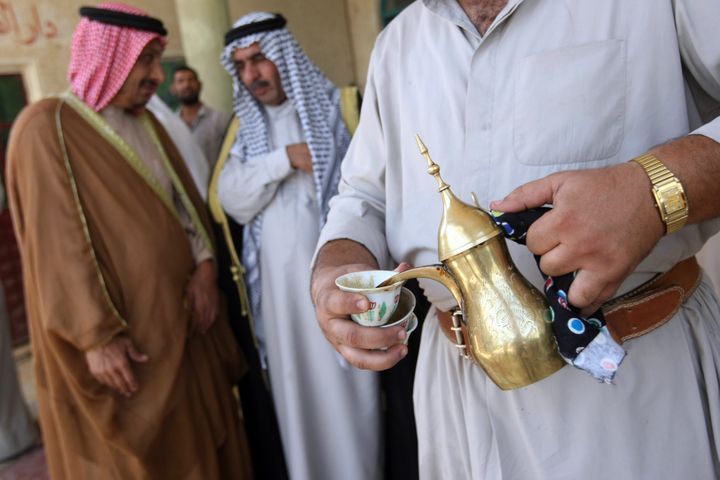Do tribes still play a big role in Iraqi society today, and if so, is it mostly in the south or in the west?
This question was submitted to us. Do you have a question too? Message us on instagram/twitter or through mail: iraknu@protonmail.com.

The tribe is a form of social organization whose meaning, substance and significance is not historically consistent. What a tribe is, who is considered part of it and what its role is in society has had an uncountable variety in Iraq both historically and spatially. Even the assumed “blood ties’’ or kinship basis of a tribe is a highly constructed matter as whole wings of assumed tribes get excluded or included often for a variety or reason more often for political or social reasons rather than genetics.
In a highly urbanized country such as Iraq the function of a tribe outside of its historically rural/nomadic origins questions the whole idea of some sort of fixed understanding of what a tribe is. This implies that “the tribe’’ and its implied role, as well its identity, is very much an ideological exercise. For example in the 1990s Saddam Hussein promoted the tribal identity in Iraq, appointed tribal heads and promoted tribal solidarities.
During colonial times the British preferred to appoint tribal heads irrelevant as to whether a tribal head was recognized as the head of a large tribal unit or not. With the help of arms and the British army, the tribal head could easily assert that he was the head of a tribe. Sometimes a large landowner would have a large group of peasants from all over Iraq working his land and they would be assumed to be part of the same tribe even if they technically and genetically would not be. And there are many more examples of the constructed nature of tribes.
This is not to imply that there is not some sort of normative and ideological corpus of what “tribal values’’ might be. They are - and they have been accumulated through centuries the mobilization of tribal solidarities. This gave them an extensive flexibility to be mobilized when necessary by both the public, elites and tribal heads seeking renewed relevance. But this ideological corpus is not monolithic nor fixed.
In short, currently in Iraq, due to American imperialism, the destruction of access to basic services, cultural and social alienation, unemployment and many more, alternative ideological formations to counter this alienation and to justify competition for a decreasing account of accessible resources have emerged. One of them is that of tribal solidarities. In reality however a fixed set of comprador families who function as intermediaries between Western and Arab Gulf capital define and steer the different ideological formations of Iraqi society including the meaning of tribal solidarities. This is not so different in all countries, moreover, tribal ideology can also have counter-hegemonic potential when channelized as a nativist critique of imperialist-western values and can effectively mobilize groups against imperialism.
